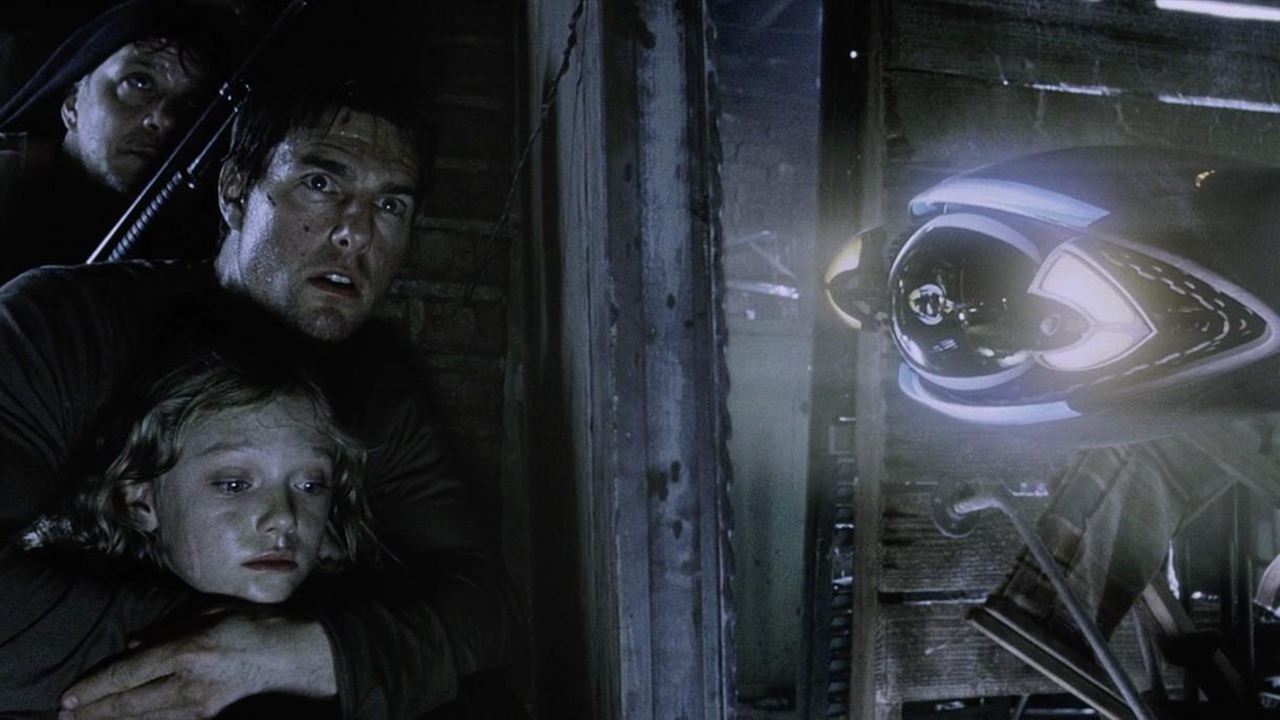
'War of the Worlds' at 20: Steven Spielberg made three-quarters of an apocalyptic classic
Spielberg's contemporary spin on H. G. Wells would be up there with his best if only he could have nailed the ending.
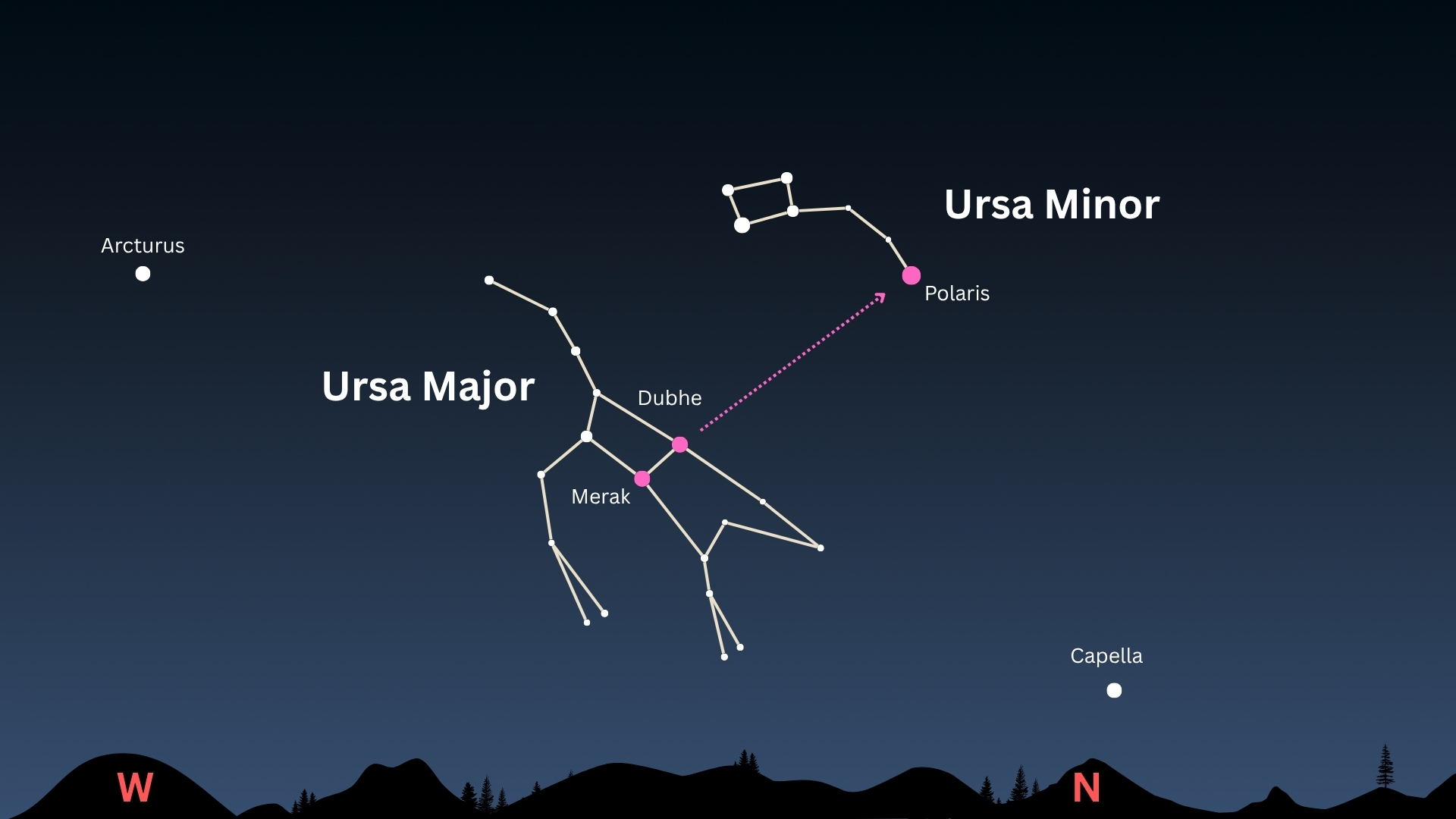
By Joe Rao published
Most people have never seen the Little Dipper, because most of its stars are too dim to be seen through light-polluted skies.
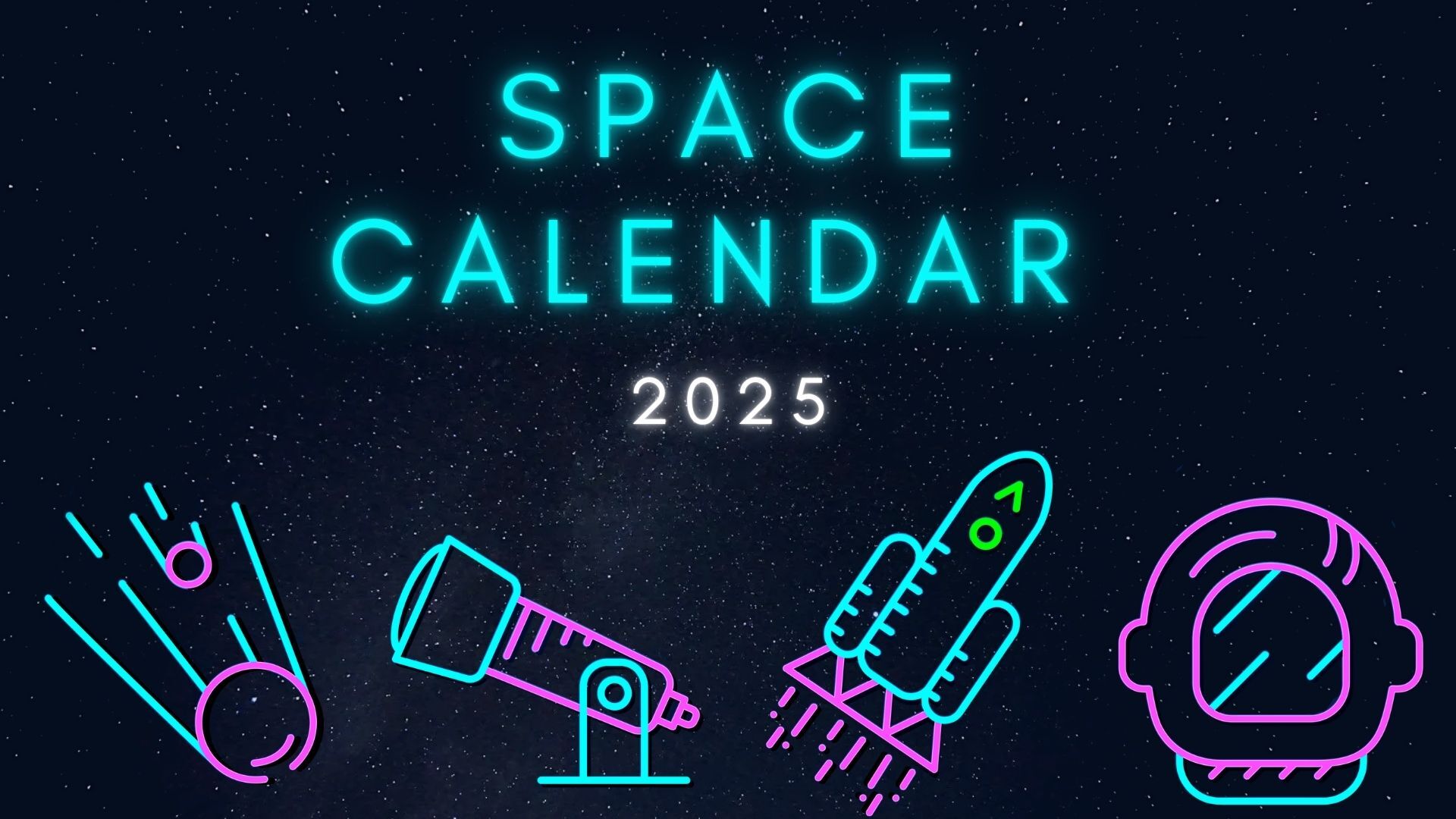
By Space.com last updated
Reference Keep up with all the rocket launches, astronomical events and mission milestones for 2025 with our space calendar.
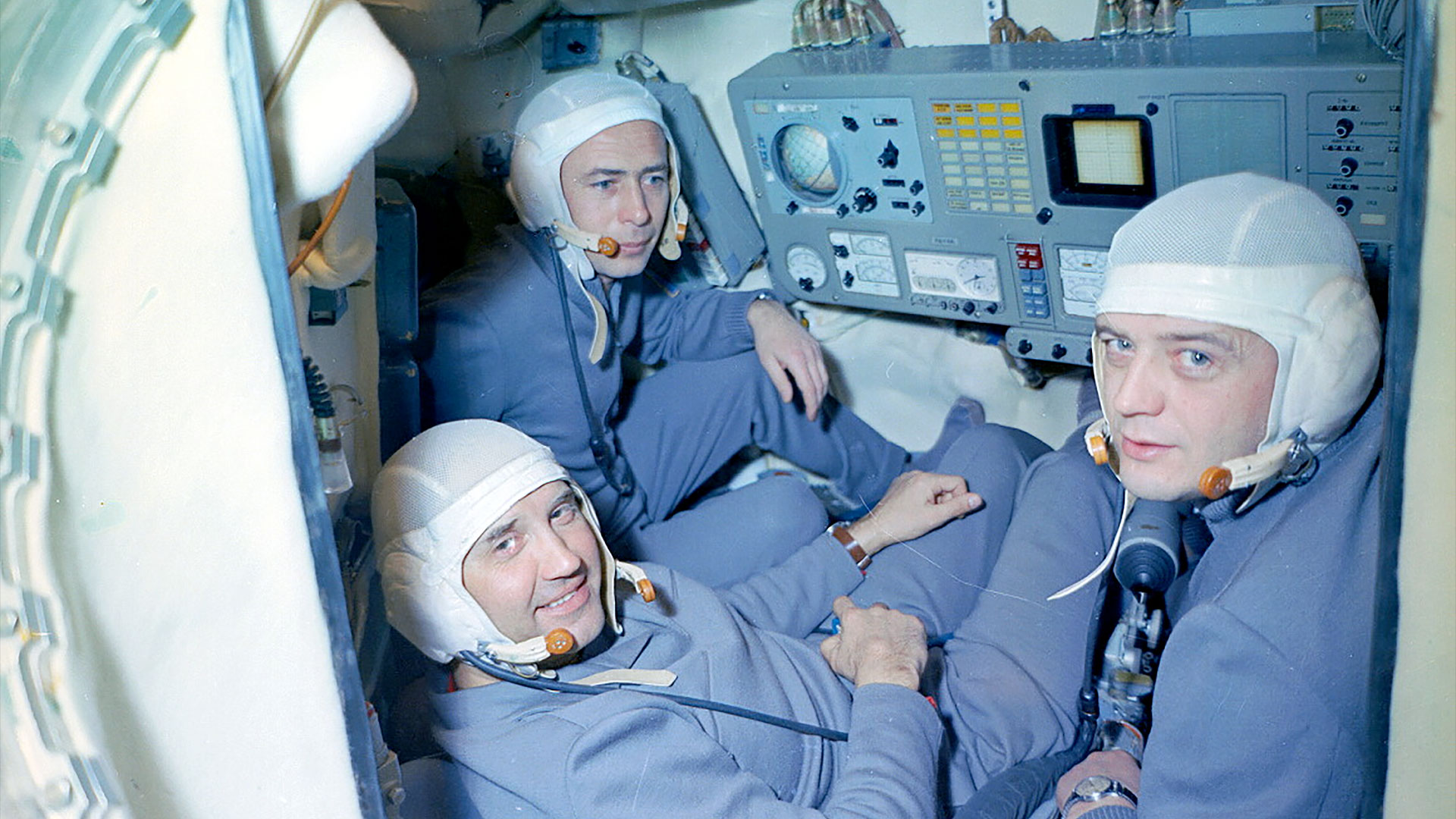
By Hanneke Weitering last updated
On June 29, 1971, a Soviet space mission ended in tragedy when three Russian cosmonauts were found dead inside their spacecraft after returning to Earth.
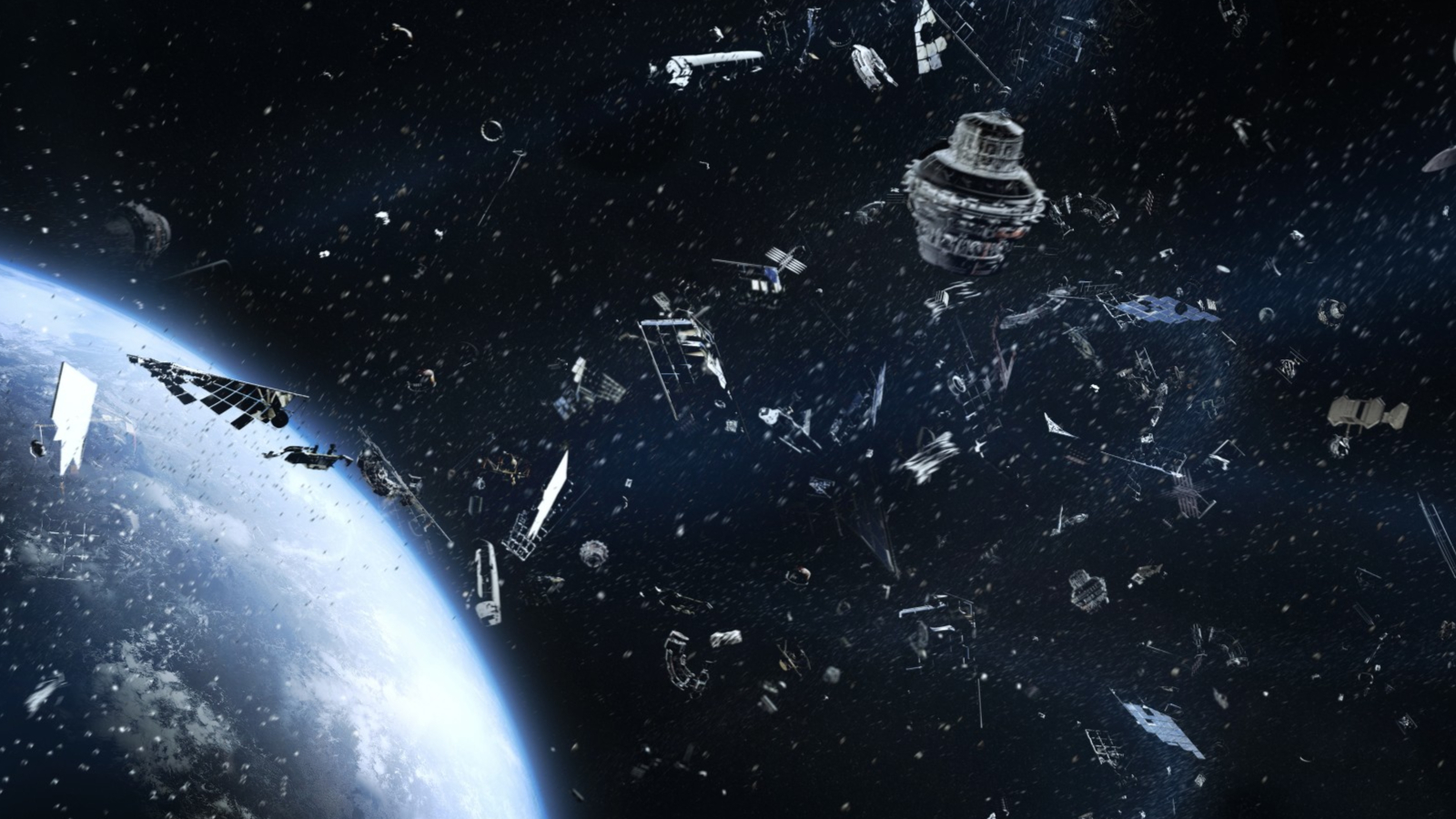
By Tom Brown published
Cheap, uninsured satellites are creating more space junk — and it's starting to rain down on our heads.
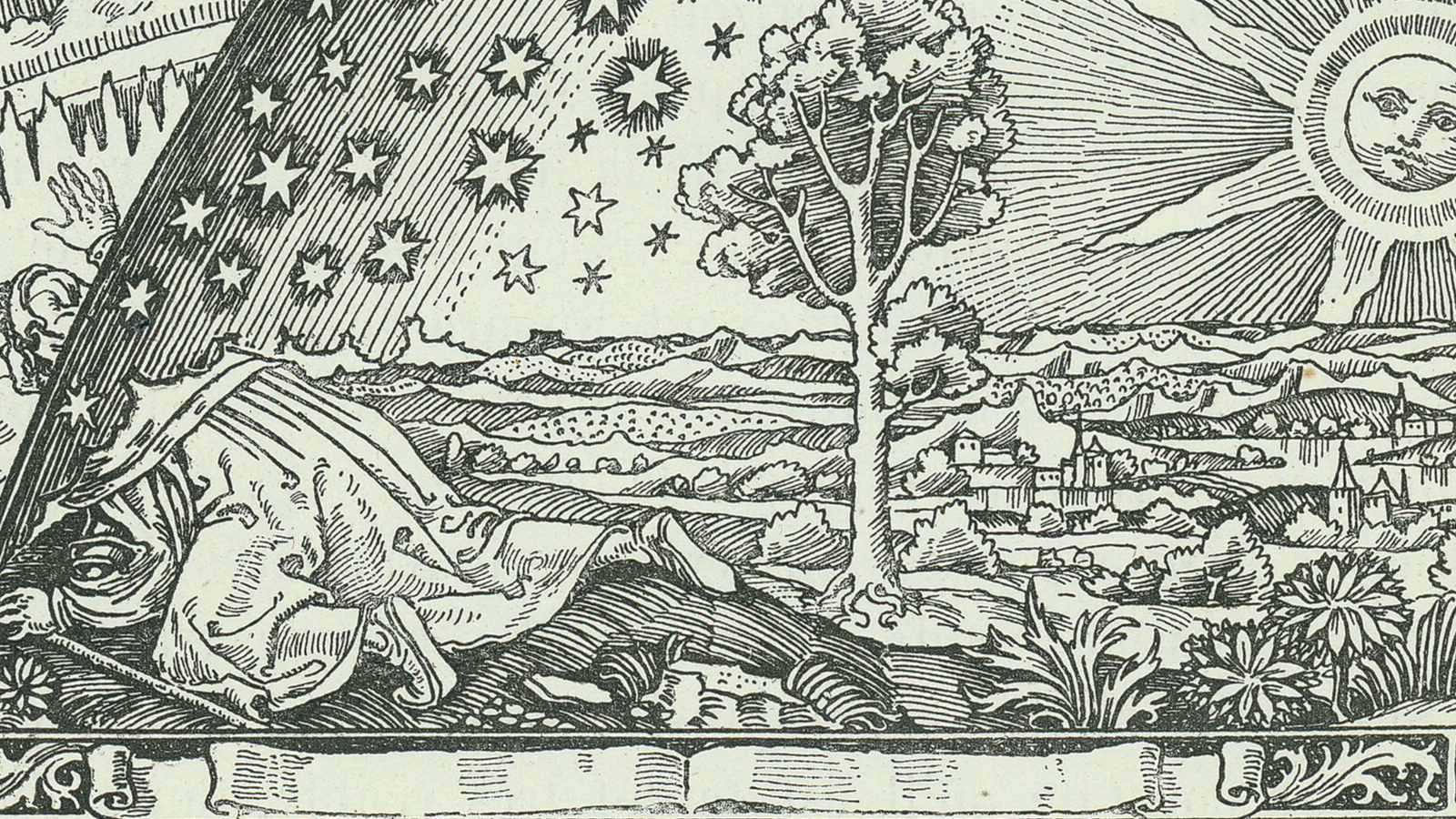
By Matthew Shindell published
Parisian astronomer Camille Flammarion brought used science fiction to bring Mars to life
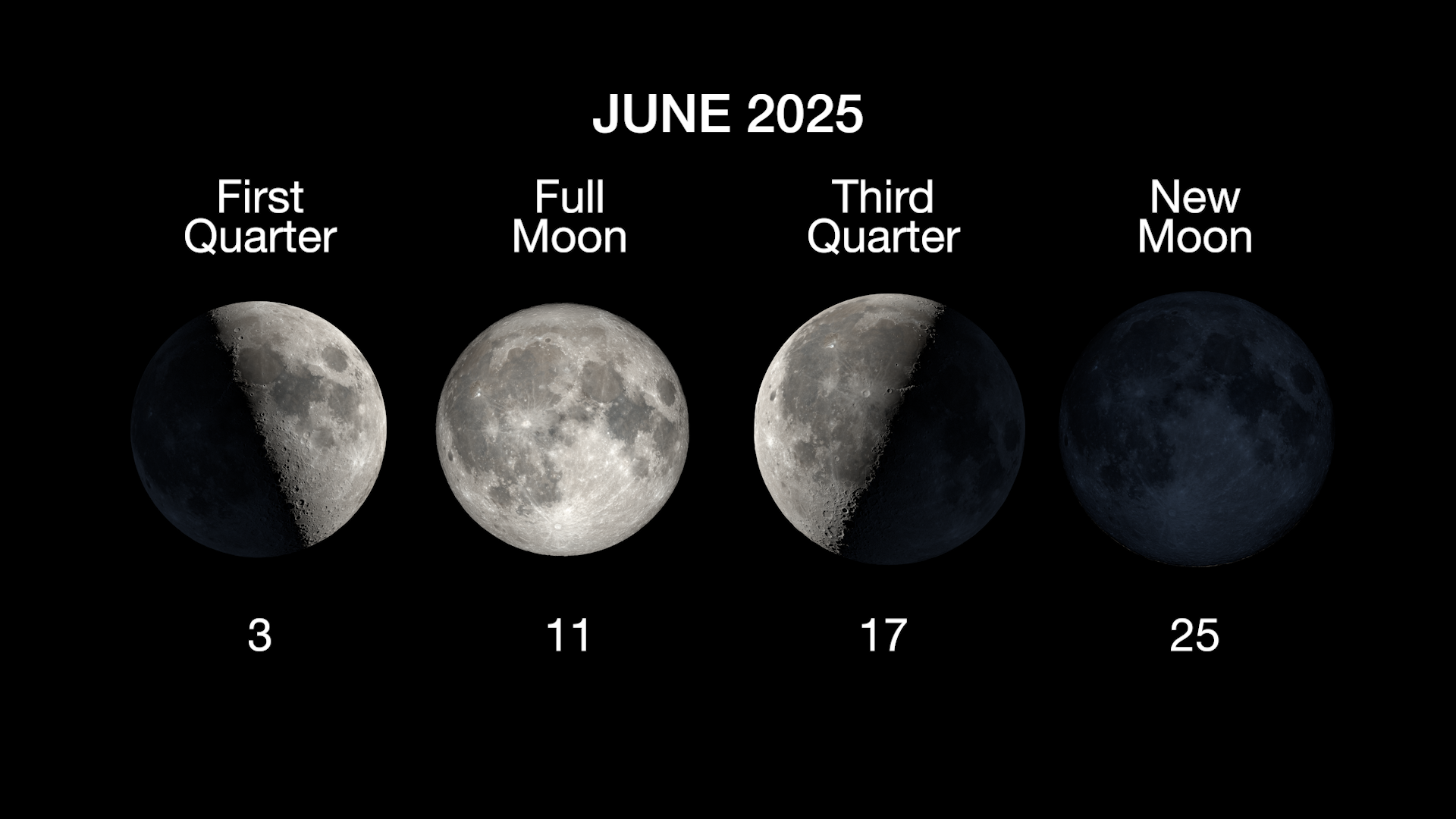
By Tariq Malik, Daisy Dobrijevic last updated
Reference See what moon phase it is tonight and find out when you can see the rest of the moon phases for 2025.
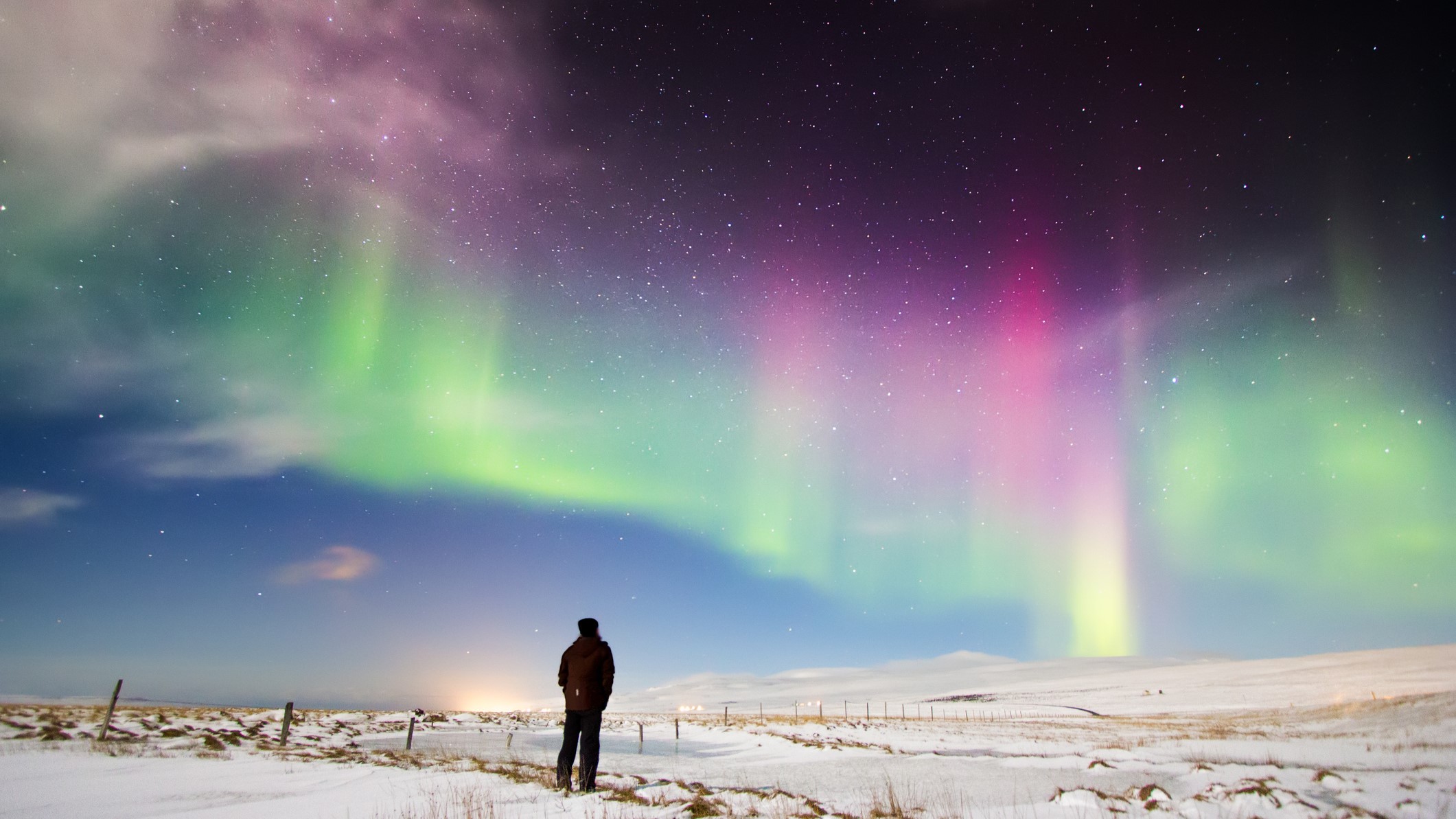
The latest aurora forecast for tonight help you make sure you're in the right place at the right time to see the northern lights.
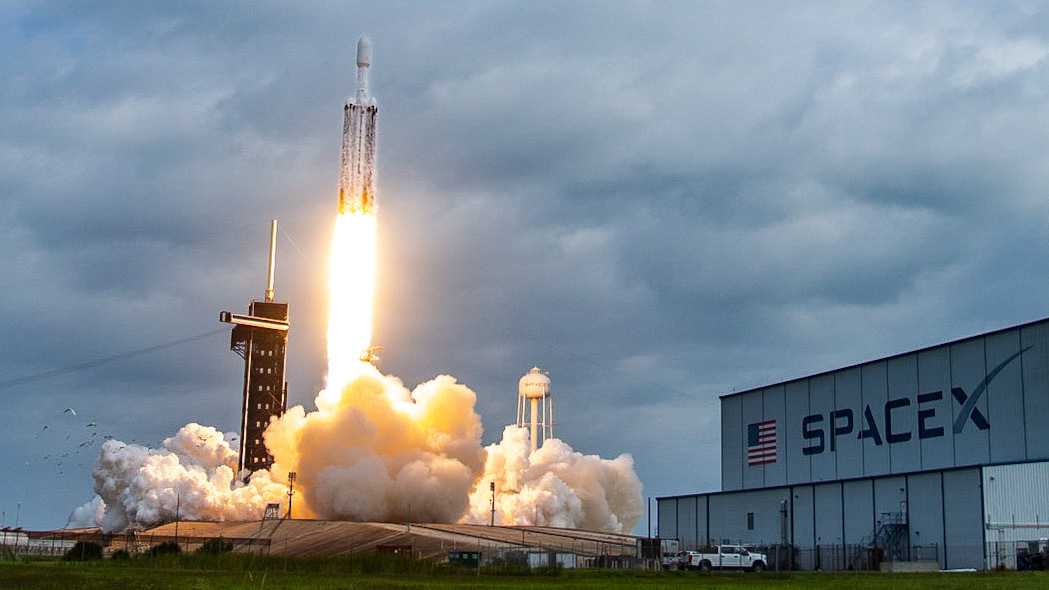
Follow Space.com's rocket launch blog for the latest on when the next rocket launch will be and how to follow it live.
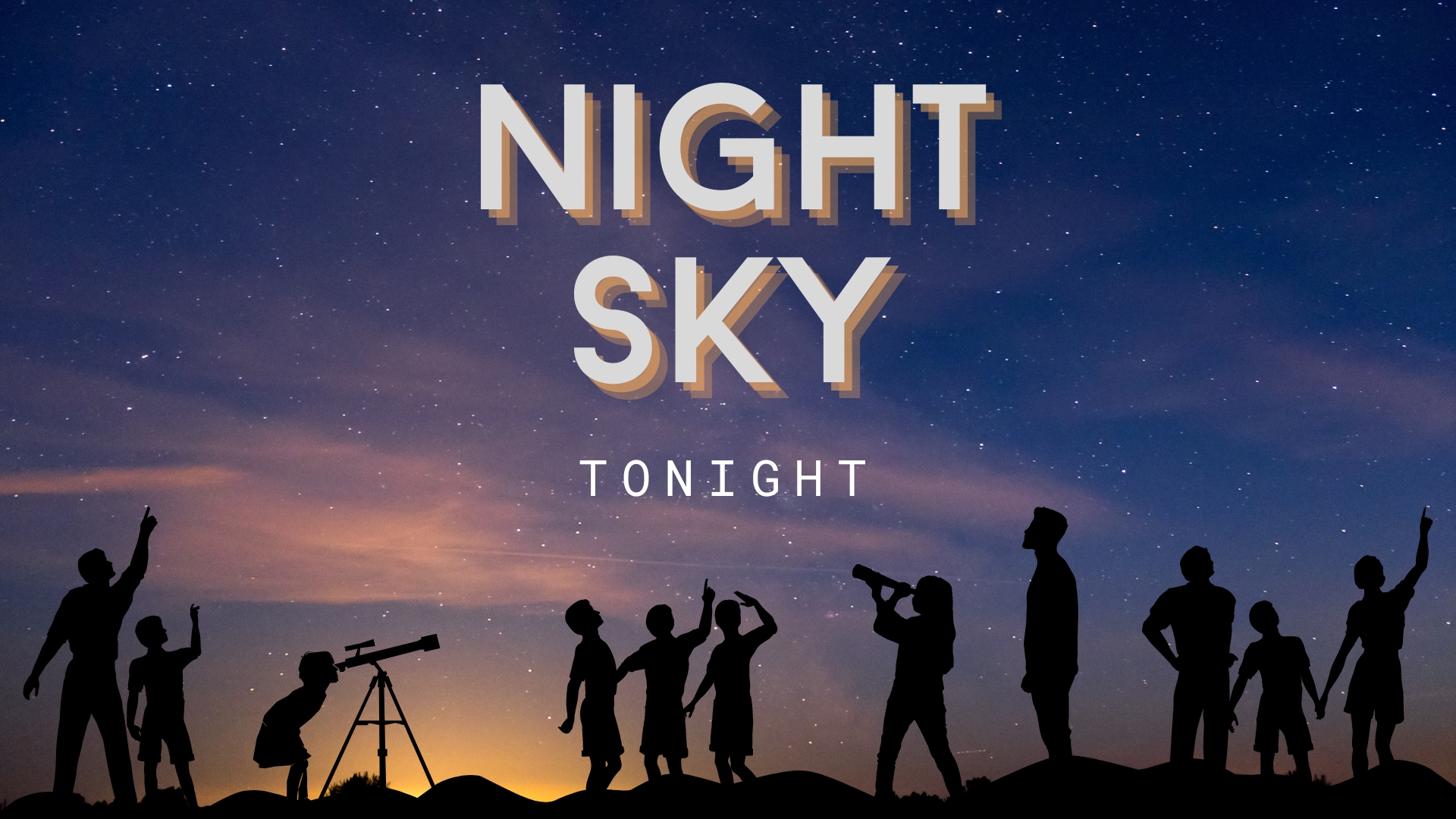
Find out what you can see in the night sky for tonight, from planets and stars to dazzling meteor showers.
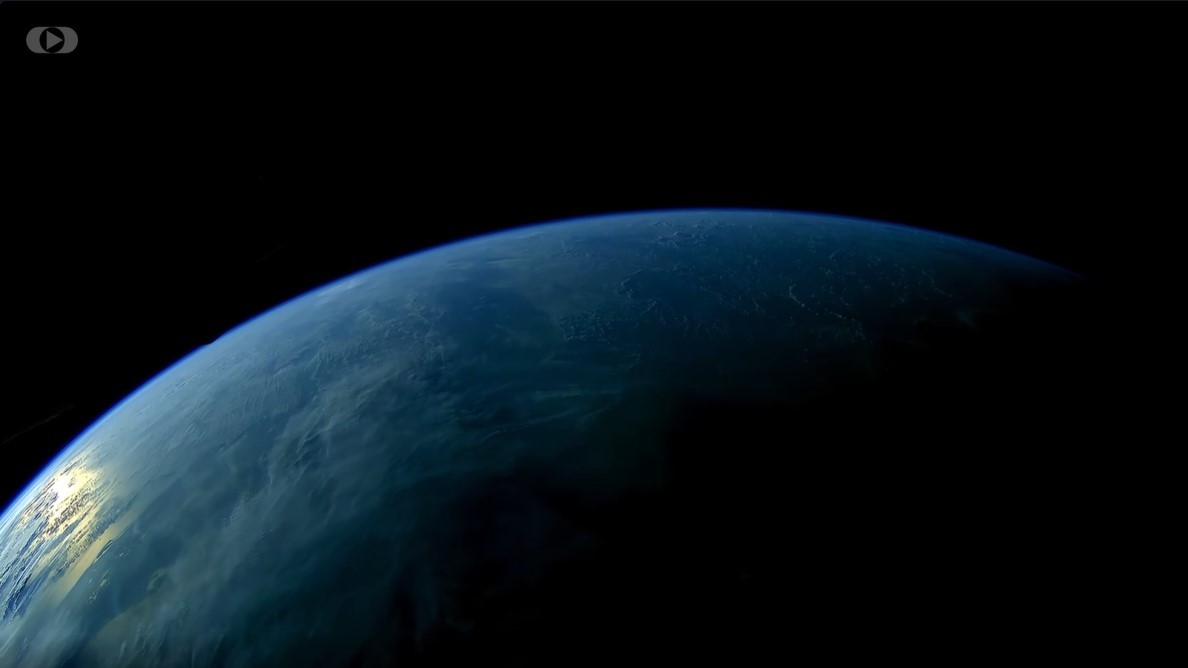
Witness live views of Earth from the International Space Station as it orbits the planet. Space streaming company Sen is broadcasting 24/7 from the ISS in beautiful 4K HD.
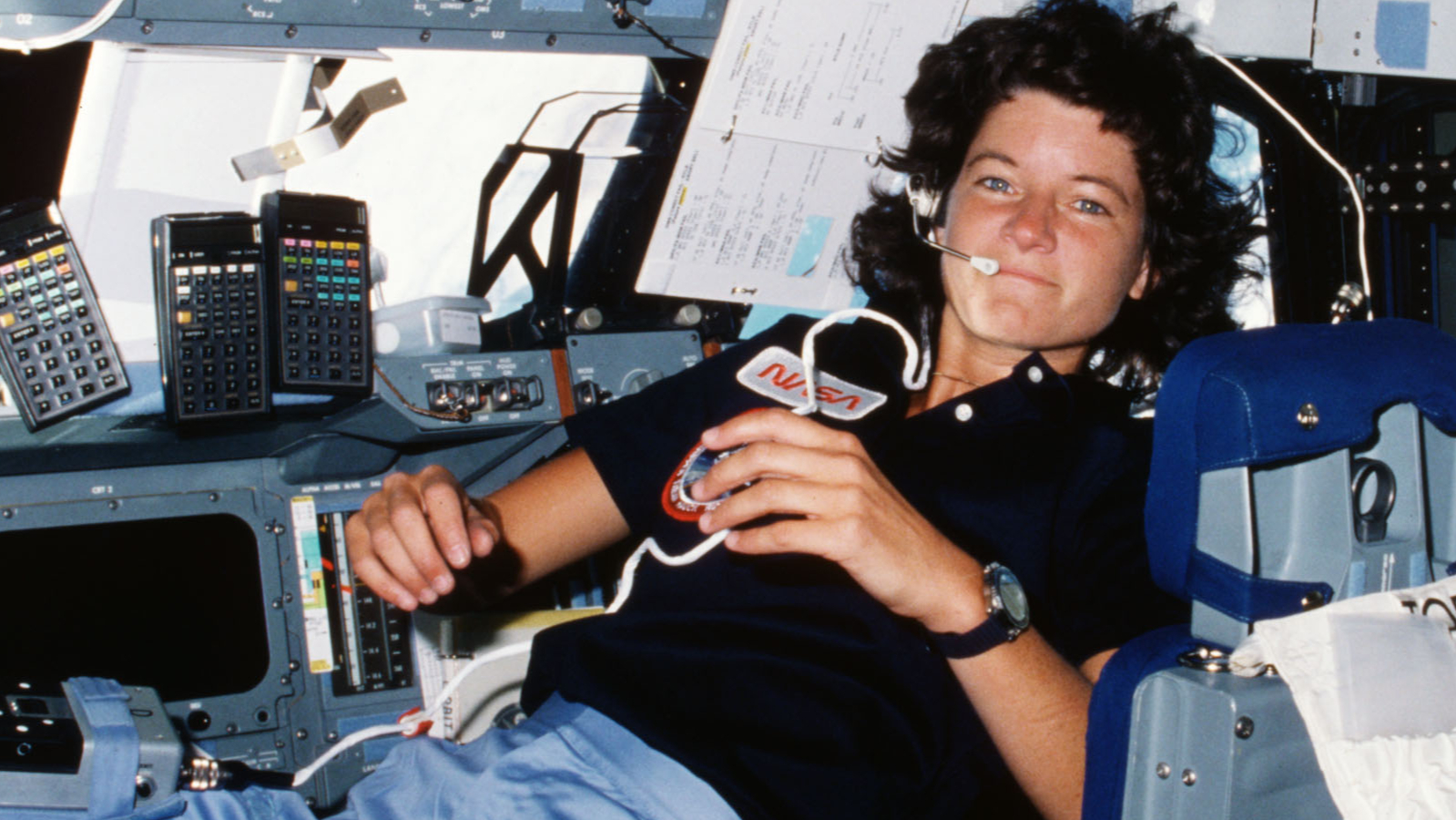
NASA astronaut Sally Ride became the first American woman in space aboard the space shuttle Challenger.

See what moon phase it is tonight and find out when you can see the rest of the moon phases for 2025.

Keep up with all the rocket launches, astronomical events and mission milestones for 2025 with our space calendar.
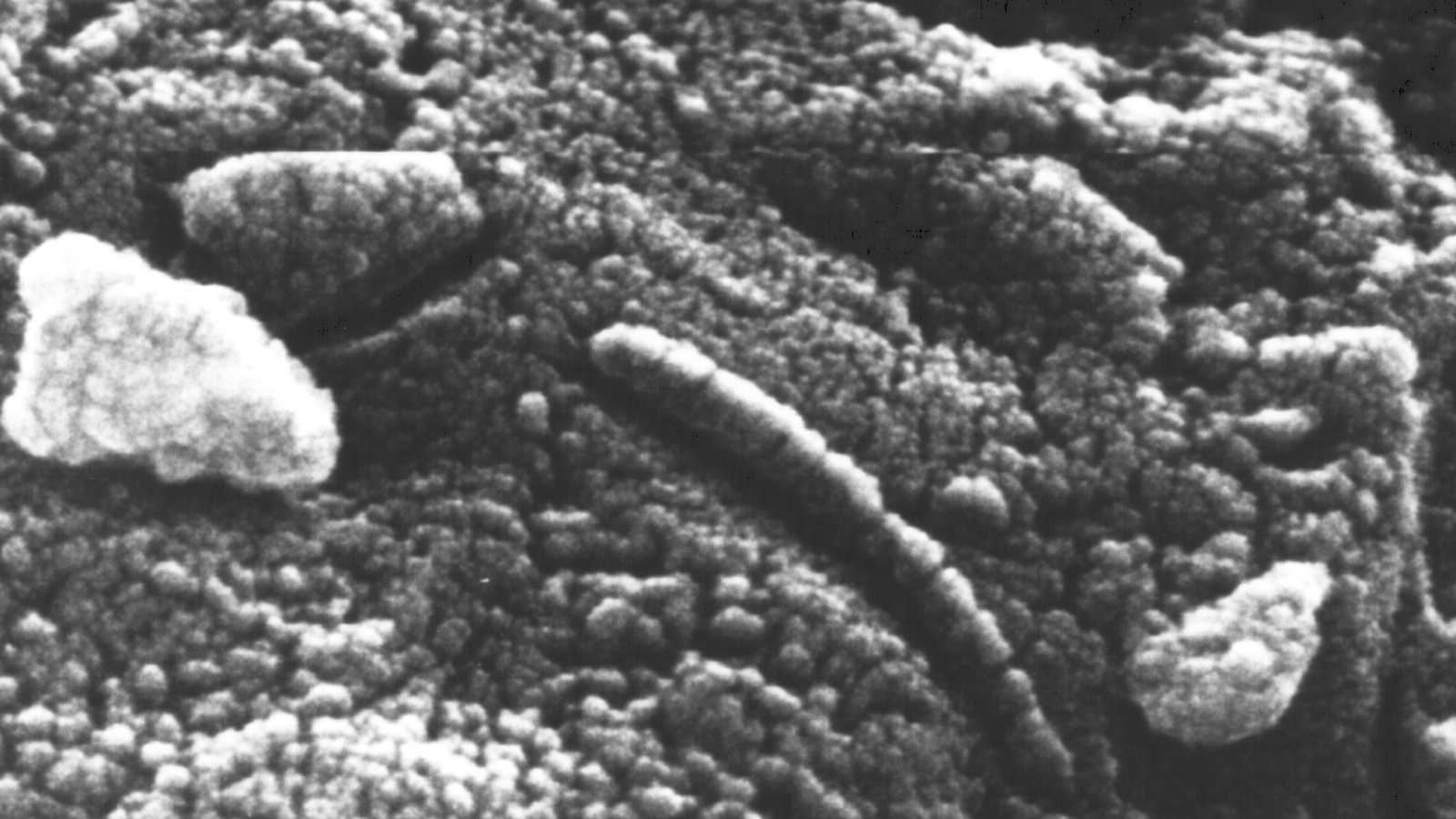
By Oliver Swainston, Chris Carter published
The skepticism and debate around the question of "are we alone in the universe" makes the field of astrobiology more cautious
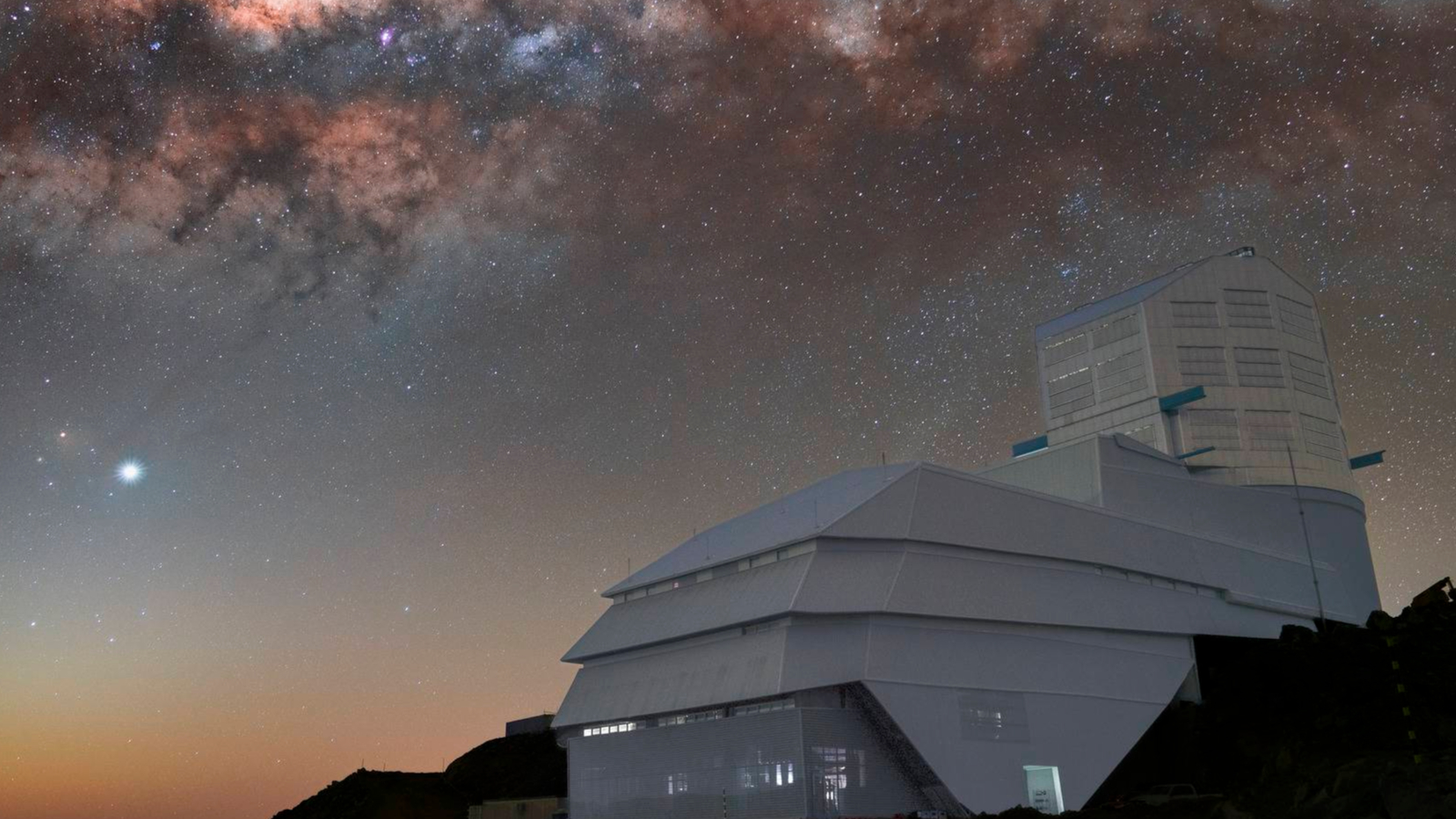
By Keith Cooper published
The amount of data generated by the Rubin Observatory is going to blow all previous cosmic datasets out of the water, but handling that much information poses a severe challenge.